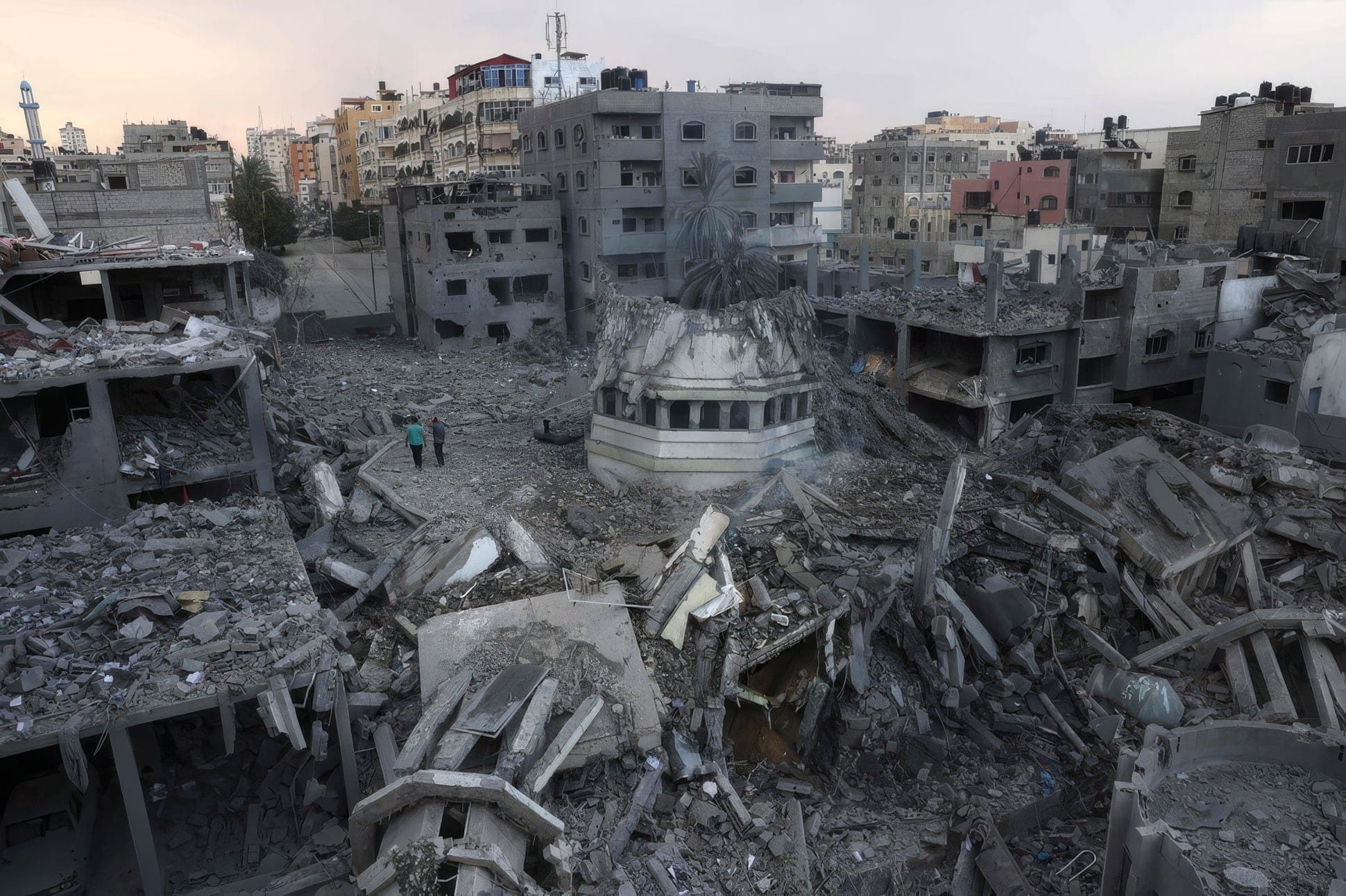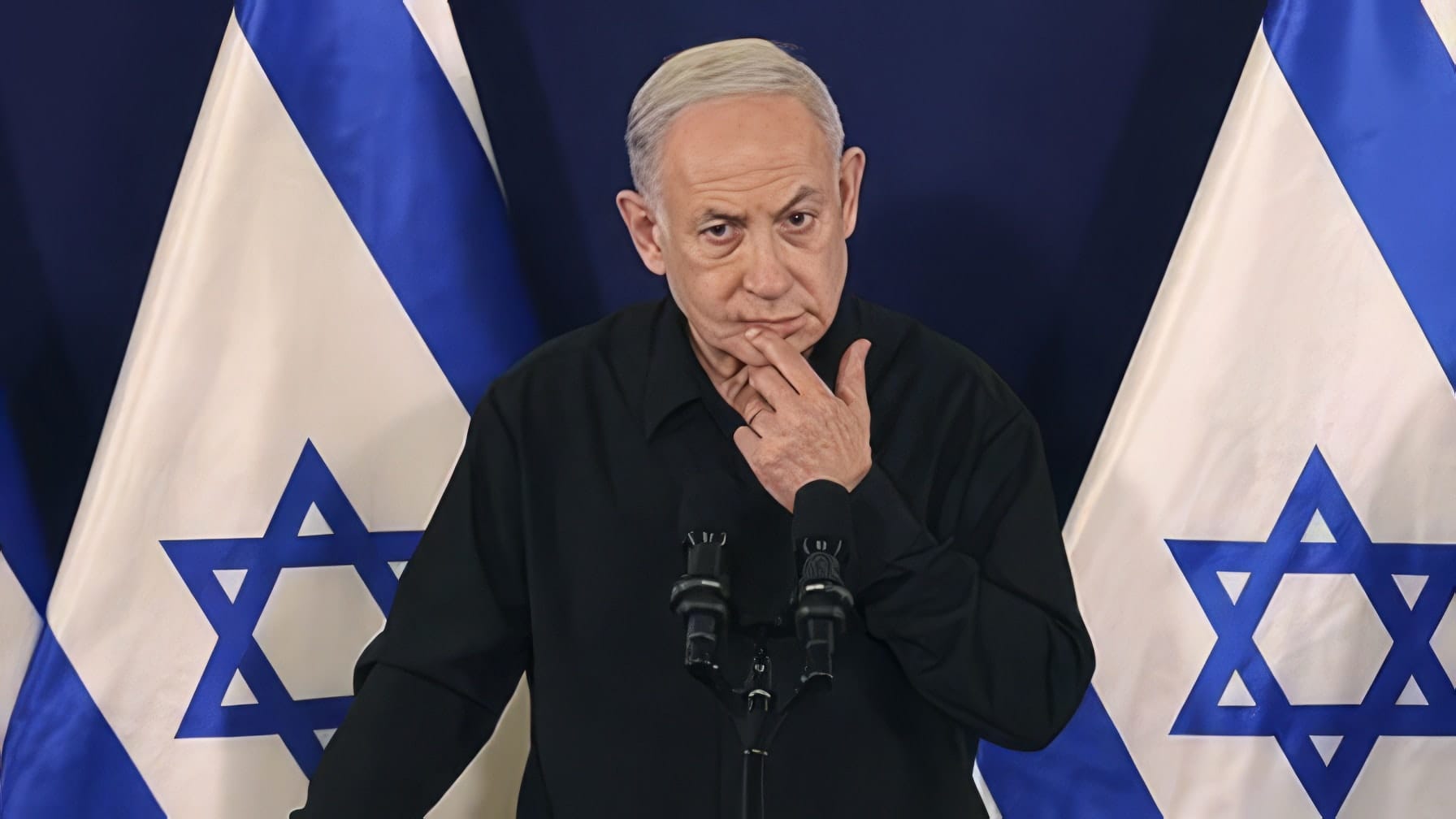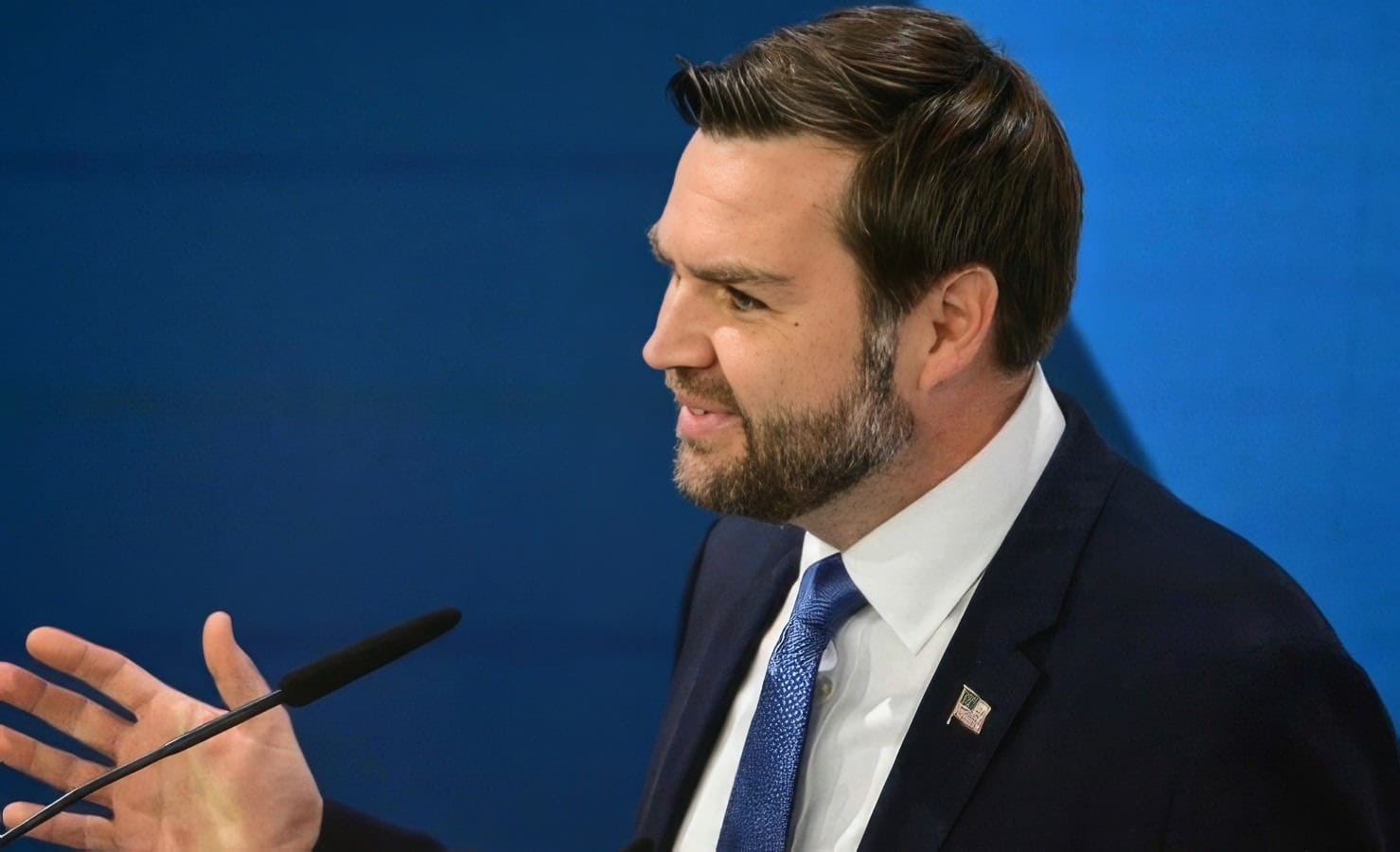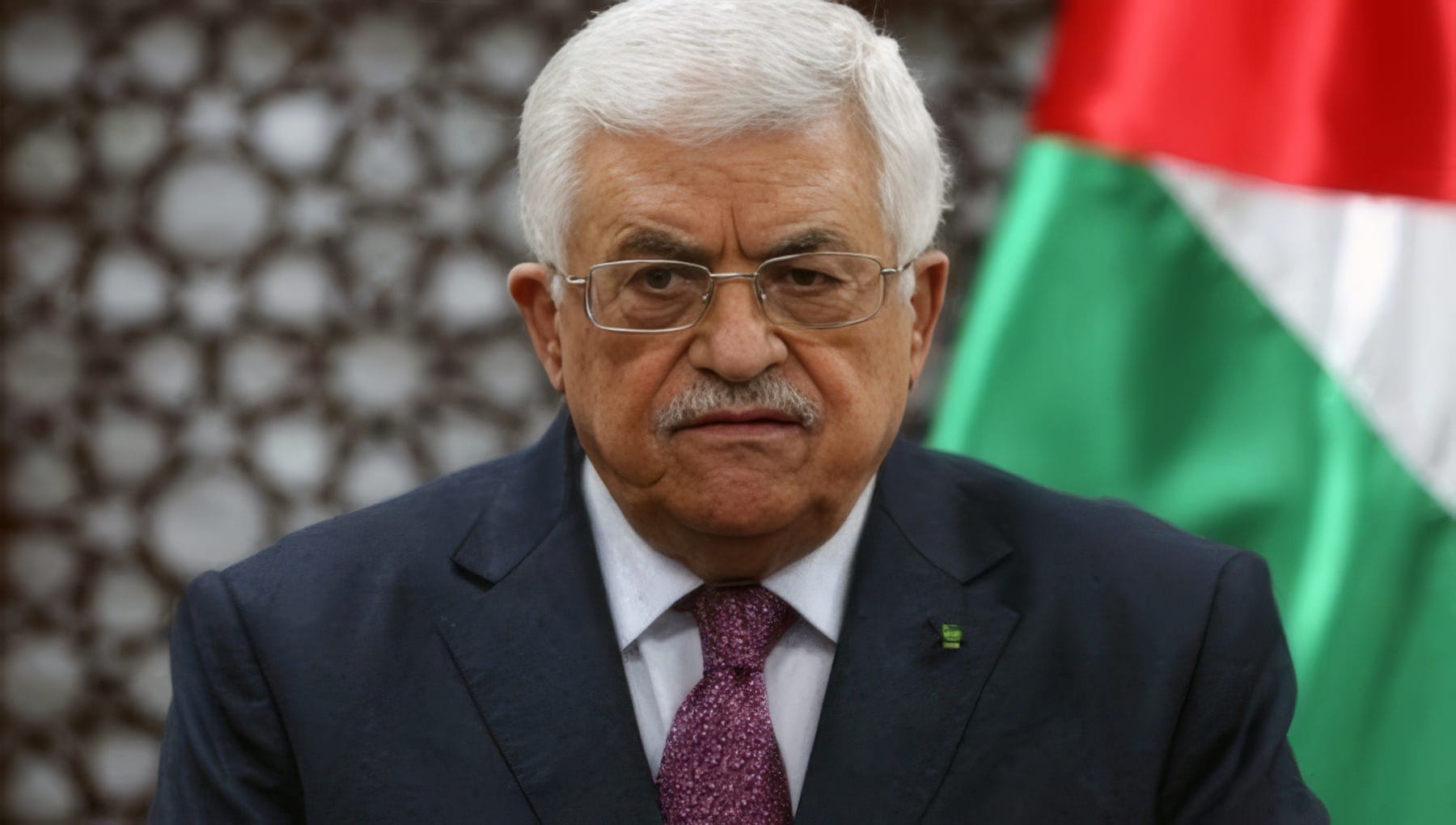Israel Approves Gaza City Military Operation: A Comprehensive Analysis

After a grueling 10-hour marathon session, Israel's security cabinet approved a military operation plan for Gaza City in the early hours of August 8, 2025. This marks the first phase of Prime Minister Benjamin Netanyahu's broader proposal to occupy the entire Gaza Strip, with plans to forcibly relocate all Palestinian residents from Gaza City by October 7, 2025. The decision has sparked intense international condemnation and raises serious concerns about worsening the already catastrophic humanitarian crisis in Gaza.
The Details Behind Israel's Gaza City Operation Plan
What the Operation Actually Entails
The operation approved by Israel's security cabinet aims to take complete control of Gaza City. The plan sets October 7, 2025—a symbolically charged date marking two years since the October 7, 2023 Hamas attacks—as the deadline to forcibly evacuate approximately one million Palestinian residents from Gaza City. The entire operation is expected to last about five months, with the goal of expanding Israeli control from the current 75% of the Gaza Strip to the remaining 25%, primarily Gaza City and central refugee camps.
The strategic approach combines siege tactics with simultaneous ground operations against remaining Hamas militants in Gaza City. While humanitarian aid points will expand from 4 to 16 locations, all assistance inside Gaza City itself will be cut off, essentially using the denial of aid as leverage to force residents to leave.
The Path to This Decision
This decision came two weeks after ceasefire negotiations collapsed. U.S. envoy Steve Witkoff accused Hamas of negotiating in "bad faith," while Netanyahu faced mounting pressure from his far-right coalition partners, Itamar Ben-Gvir and Bezalel Smotrich, who have been demanding full occupation of Gaza. President Trump's comment that Gaza occupation "is up to Israel" was interpreted by many as giving Netanyahu the green light.
During the 10-hour security cabinet meeting, IDF Chief of Staff Lieutenant General Eyal Zamir strongly opposed the plan. He warned that proceeding would endanger hostage lives and stressed that "our forces are exhausted and our military equipment needs maintenance." He argued that full occupation would take one to two years, endanger the 20 surviving hostages, and deplete reserve forces.

Netanyahu Cabinet's Detailed Blueprint
Five Principles for Ending the War
The Netanyahu cabinet adopted five principles for concluding the war: First, Hamas disarmament. Second, return of all 50 remaining hostages (both living and deceased). Third, demilitarization of Gaza. Fourth, Israeli security control over Gaza. Fifth, establishment of an alternative civilian government (neither Hamas nor the Palestinian Authority).
Netanyahu stated that Israel doesn't want to "maintain or govern" Gaza permanently. Instead, he envisions handing it over to "Arab forces that won't threaten us and will provide a good life for Gaza residents." The cabinet officially rejected any role for the Palestinian Authority, and Netanyahu claimed Israel and the U.S. have agreed on principles for post-Hamas Gaza governance.
The Phased Implementation
In the immediate phase, the Prime Minister and Defense Minister received authorization to approve final IDF operational plans in the coming weeks. The first stage involves completely evacuating Gaza City civilians to central camps and other areas by October 7, 2025. Humanitarian distribution points will increase from 4 to 16, while the IDF secures positions for siege and ground assault.
Israeli officials indicated that after completing the Gaza City occupation, the IDF will "proceed to the remaining unconquered areas of Gaza." The entire operation is expected to take up to five months, with the possibility of full Gaza Strip occupation remaining open depending on Hamas's response and political decisions.
The World's Response
Major Powers React
The international community has almost unanimously condemned Israel's decision. UN Secretary-General António Guterres called it a "dangerous escalation" that risks "further deepening the already catastrophic consequences for millions of Palestinians." UN High Commissioner for Human Rights Volker Türk warned that "this further escalation will lead to more killing, unbearable suffering, and senseless destruction," urging an immediate halt.
The European Union and major European nations strongly condemned the move. UK Prime Minister Keir Starmer called the plan "wrong" and warned it would "only bring more bloodshed." Germany took the step of banning weapons exports to Israel, with Chancellor Friedrich Merz announcing that Germany "will not approve any military equipment exports that could be used in Gaza until further notice."
Arab States and Regional Reactions
Arab League Secretary-General Ahmed Aboul Gheit condemned the plan as "clearly reflecting Israel's long-standing intentions" and called it a "blatant act of aggression." Saudi Arabia issued a statement "categorically condemning the Israeli occupation authorities for continuing starvation crimes, brutal practices, and ethnic cleansing against our Palestinian brothers."
Jordan, Egypt, UAE, Qatar, and Turkey all issued condemnation statements. They pointed out that this decision violates international law and aims to forcibly displace Palestinians. Egypt specifically characterized it as "an attempt to entrench the illegal Israeli occupation."
America's Ambiguous Stance
Unlike other nations, the United States took an ambiguous position. Vice President JD Vance said Washington "neither supports nor rejects" Israel's decision, stating there are "clearly many pros and cons." U.S. Ambassador to the UN Dorothy Shea defended Israel at the Security Council, saying "Israel has the right to determine what's necessary for its security and appropriate measures to end the Hamas threat."

Gaza's Current Reality
The Catastrophic Humanitarian Crisis
As of August 13, 2025, Gaza is experiencing famine conditions confirmed by the Integrated Food Security Phase Classification (IPC). From October 7, 2023, to July 23, 2025, over 59,219 Palestinians have been killed and more than 143,045 injured. On August 13 alone, 123 Palestinians died in Israeli attacks, with nearly 440 injured.
Death from malnutrition has reached 159 people, including 90 children. Half of these deaths occurred in the past month. Over 3,600 children under five have been diagnosed with acute malnutrition, with 13 children dying from severe acute malnutrition in July alone.
Infrastructure Collapse and Forced Displacement
Eighty-eight percent of Gaza (303.2 square kilometers) is either under Israeli militarization or evacuation orders. Over two million people are compressed into less than 45 square kilometers, with many living in overcrowded shelters, damaged buildings, or outdoors. Between March 18 and July 22, 2025, more than 762,500 Palestinians were newly displaced.
Electricity has been completely cut since October 2023, with only one temporary line restored for the southern Gaza desalination plant. After 130 days of complete fuel blockade, only two fuel trucks per day have been allowed since July 9. The southern Gaza desalination plant operates at less than 14% capacity due to repeated damage, and 86% of agricultural land has been destroyed.
Targeting Journalists and the Information War
On August 10, Israeli forces killed six journalists, including Al Jazeera correspondent Anas al-Sharif, in a targeted attack near al-Shifa Hospital. Since October 7, 2023, a total of 192 journalists have been killed, 184 of them Palestinian. Israel claimed al-Sharif was a Hamas member, but Al Jazeera and human rights organizations denied this.
Palestinian Response
Hamas's Position
Hamas released an official statement saying "the decision to occupy Gaza confirms that criminal Netanyahu and his Nazi government don't care about the fate of prisoners" and that "escalating attacks means sacrificing them." Hamas warned that Israeli occupation of Gaza City "won't be easy and will come at a great cost."
Hamas claimed the plan "reveals the true motive for withdrawing from the last ceasefire negotiations despite being close to a final agreement." They also refuted Netanyahu's description of the plan as "liberation," calling it "an attempt to distort the reality of occupation."
Palestinian Authority's Stance
Palestinian Authority President Mahmoud Abbas's office condemned the plan as "a complete crime representing the continuation of genocide, systematic killing, starvation and siege policies, and a blatant violation of international humanitarian law and UN resolutions." The Authority warned that Israel's actions would lead to "an unprecedented humanitarian catastrophe."
Palestinian UN Ambassador Riyad Mansour told the Security Council that Israel aims for "the destruction of the Palestinian people through forced displacement and genocide to facilitate annexation of our land." Palestinian Islamic Jihad characterized Israel's plan as "a new chapter in the war of extermination."

Recent Developments in the Israeli-Palestinian Conflict
Collapsed Ceasefire Talks and Diplomatic Deadlock
After ceasefire negotiations collapsed on July 24-25, 2025, the U.S. and Israel withdrew their negotiating teams from Doha. The talks focused on a 60-day ceasefire releasing about half of the 50 remaining hostages, but Hamas's counterproposal was deemed unsatisfactory by mediators. The U.S. withdrew its team on July 24, describing the situation as "seismic."
Hamas has currently suspended negotiations until the humanitarian situation improves and is rejecting partial deals. Israel has shifted to a comprehensive framework demanding Hamas's disarmament and demilitarization, with the U.S. also no longer interested in "piecemeal" deals and supporting a comprehensive approach. As of August 12, Qatar, Egypt, and Turkey are reportedly preparing a new proposal.
International Pressure and Rising Regional Tensions
In an unprecedented move, the 22-member Arab League and EU called on Hamas to disarm. Several countries are threatening Palestinian state recognition if no ceasefire is reached, and Germany has halted weapons exports that could be used in Gaza.
Opposition is growing within Israel as well. Hostage families have criticized Netanyahu for "exploiting suffering" and "sabotaging deals," while opposition leader Yair Lapid called the plan "a catastrophe that will lead to more catastrophes." Reserve organizations are urging soldiers to refuse service.
Looking Ahead
The situation as of August 13, 2025, stands at a critical juncture. We're witnessing confirmed famine conditions with daily starvation deaths, Israeli cabinet approval for Gaza City occupation despite international opposition, stalled negotiations as parties adopt increasingly maximalist positions, systematic targeting of journalists documenting the situation, and growing international pressure on all parties with increasing risk of wider conflict.
The combination of military escalation, deteriorating humanitarian conditions, and collapsed negotiations suggests the conflict is entering a more dangerous phase with limited prospects for immediate resolution. Despite strong international condemnation, if Israel proceeds with its Gaza City occupation plan, the suffering of Gaza's population—already in catastrophic circumstances—will undoubtedly deepen.
The world watches as this tragedy unfolds, with the international community seemingly powerless to prevent what many fear will be another horrific chapter in this long-running conflict. The coming weeks will be crucial in determining whether diplomatic efforts can prevent further escalation or if the region will descend into even greater chaos and human suffering.
